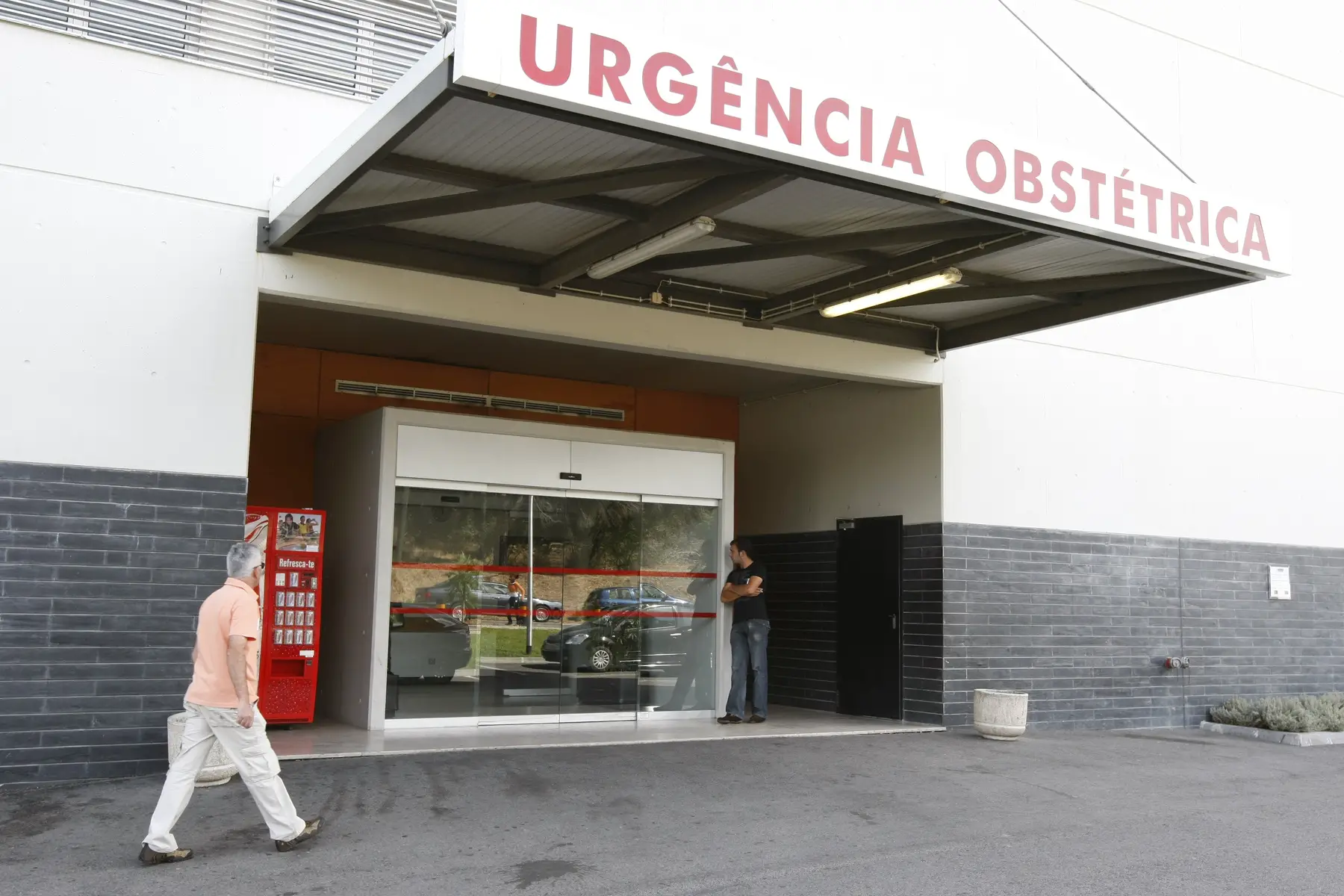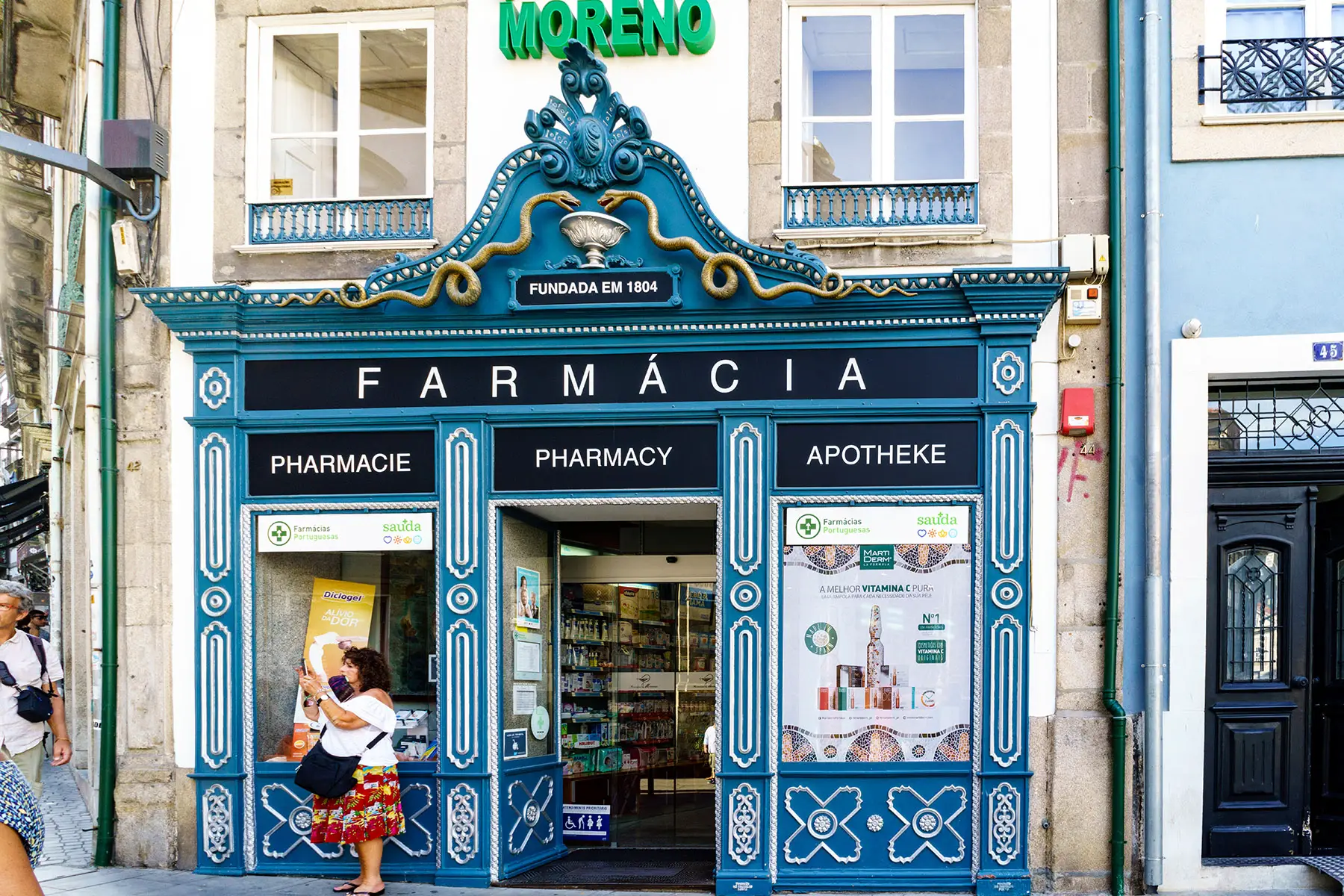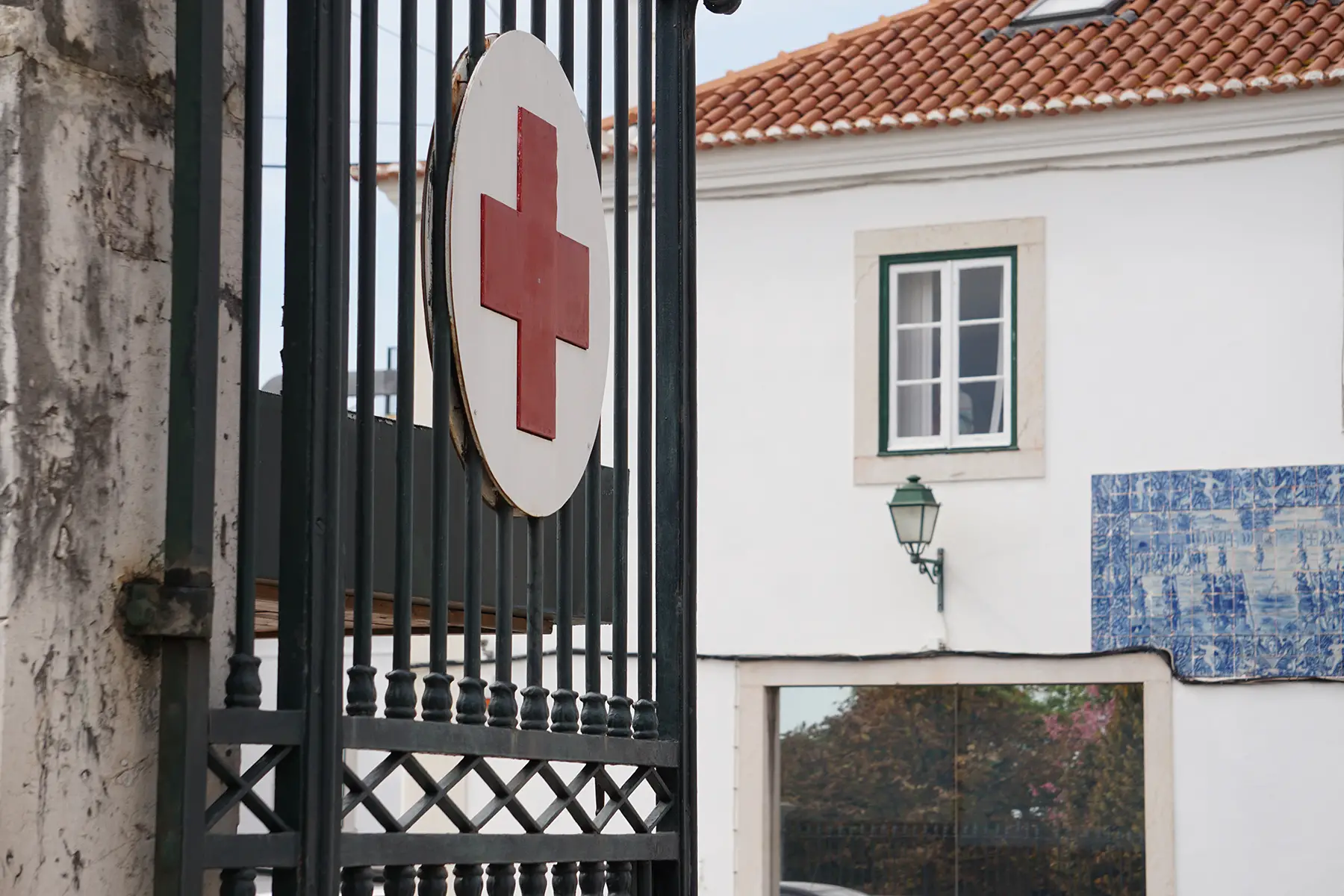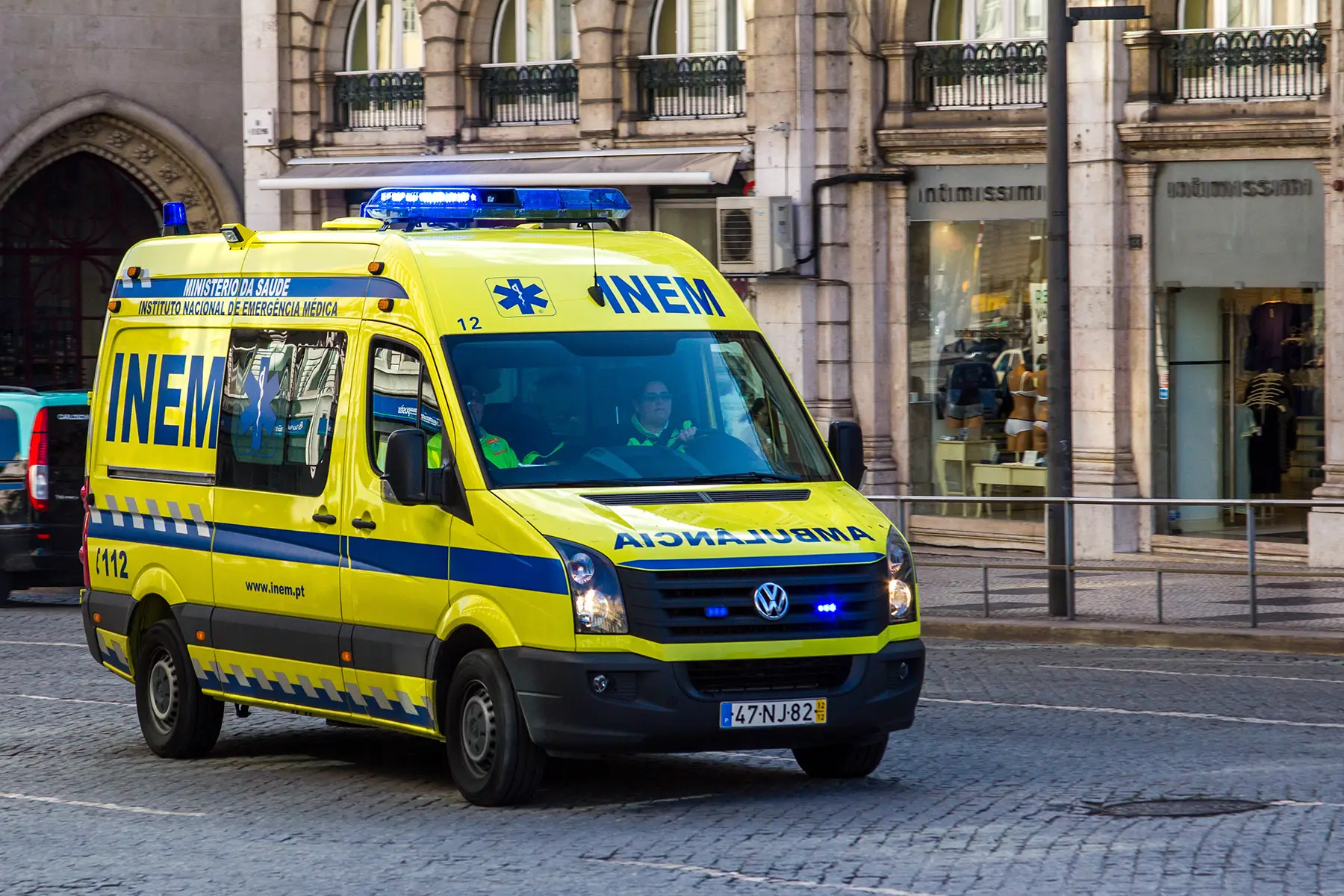From the first checkup to the last vaccine, Portugal’s healthcare system offers great support for parents and their growing families. Routine appointments, dental care, developmental screenings, and mental health services are all included in the package, often at no additional cost.
We’ll help you make the most of a system designed to keep kids well. Read on for more information on following:
Cigna Global
Enjoy peace of mind while living in Portugal with Cigna Global’s long-term international health insurance plans (12+ months). Get tailored coverage, direct billing with many providers, complex case management, and global care on demand, with access to a network of 1.5+ million doctors, specialists, and therapists.
Children’s healthcare in Portugal
Portugal’s healthcare system offers broad and universal coverage, including for children. During pregnancy, regular check-ups are covered by statutory health insurance, including basic screenings and two or more ultrasound exams.
From birth, children receive regular checkups through the National Child and Youth Health Program (Programa Nacional de Saúde Infantil e Juvenil) and the National Program for School Health (Programa Nacional de Saúde Escolar). This includes routine health and development reviews, screenings, and vaccinations. These examinations continue through early childhood and adolescence.

Pediatricians (pediatra) are usually your first port of call for medical concerns. They can provide treatment directly or refer your child to a specialist when needed.
Municipalities and Local Health Units (Unidades Locais de Saúde – ULS) also offer a range of family and child support services, including parenting guidance, mental health resources, and early intervention for developmental or behavioral concerns. While the structure and delivery of these services can vary between regions, they generally follow national frameworks set by the Ministry of Health (Ministério da Saúde) and relevant child protection legislation.
Is healthcare for children free in Portugal?
Yes, healthcare for children in Portugal is free, as long as their parents or guardians are registered with Portuguese social security or a private health insurer.
In the public system, families don’t pay any additional monthly premiums or deductibles for their kids. Once the child turns 18, they must take out their own health insurance and start paying the associated fees. If the family relies on private health insurance, their child’s policy may come with extra fees.
Insurers providing global healthcare coverage in Portugal include:
If you’re unsure which family health insurance policy is right for you, you can use a comparison website to quickly check your options.
Financial support for children’s healthcare costs
With public healthcare, parents don’t pay insurance premiums for children. However, they do have to pay their own insurance contributions based on their income. These can be quite costly; in 2025, the contribution rate for employees is 11% of the gross income.
Low-income families can apply for child benefits (Abono de Família), depending on the number and age(s) of children and the total household income. In 2024, the payment ranged from €30 to €150+ per child.
Parents also receive extra support through the Child Guarantee Program (Garantia para a Infância), which aims to reduce child poverty and improve access to essential services. The supplement is added automatically to your child benefit payout, making sure you receive at least €122 per child per month.
For more information on childcare allowances, check out our article on childcare in Portugal.
How to access children’s healthcare in Portugal
After signing up for social security or taking out private health insurance, you must register your child with their local health center (Centro de Saúde) or pediatric center (Centro Pediátrico). In the public system, you’re assigned one close to your home (though you can request a change). Of course, with private insurance, you are free to choose whichever pediatrician you prefer.
Pediatricians handle basic medical complaints, conduct routine tests, and coordinate follow-up treatments until the child reaches the age of 18. If need be, they can refer you to a specialist.
Some health centers also have dedicated youth departments (Centros de Atendimento para Jovens), offering care to adolescents and young adults between the ages of 12 and 21. This includes free support and information on sexual and reproductive health.
For medical issues outside regular opening hours, you can contact the SNS 24 on-call services (Urgência Ligue Sempre) on 0808 24 24 24. This helpline is available 24/7.
How to get treatment as a non-resident in Portugal
Our article on Portuguese health insurance covers the topic in more detail, but as a quick summary:
- Temporary visitors from the EU and EFTA (Iceland, Liechtenstein, Norway, and Switzerland), including children, can use their European Health Insurance Card (EHIC) to access healthcare in Portugal
- UK nationals can access healthcare through their Global Health Insurance Card (GHIC)
- Citizens from elsewhere must take out a short-term international health insurance policy to cover their stay in Portugal
- Long-term residents (people staying for more than 90 days) must have Portuguese health coverage
For non-life-threatening injuries (like a bump to the head, but your child is conscious and alert), you can call the SNS 24 help line. Even if you aren’t a resident, many doctors allow short-term visitors to contact them for medical advice or an appointment.
In life-threatening emergencies (e.g., your child bumped their head and is unconscious or vomiting), call 112 for an ambulance. The EMTs can assess the situation and take you to the nearest hospital emergency room.
Non-resident patients must pay any costs upfront and claim reimbursement afterward through their EHIC/GHIC or travel insurance. Ambulance rides may or may not be covered by your insurance, so it’s wise to check this beforehand. Without coverage, they can cost €75–175+, depending on the distance and care provided (2025).
Overview of children’s doctors in Portugal
Pediatricians and specialists in Portugal
In Portugal, it’s common for pediatricians to provide care for children aged 0–18. After that, the care and diagnostics will be transferred to their GP.
If you or your child’s doctor notices anything irregular, they may refer you to a specialist. These usually work in hospitals or other health clinics, depending on their specialty. For example, if your baby or toddler has or is at risk of developmental delays or disabilities, you may be referred to a Local Intervention Team (Equipa Locais de Intervenção – ELI). These work at the Sistema Nacional de Intervenção Precoce na Infância (SNIPI), a nationwide program that supports children aged 0–6.
You can find pediatricians and specialists listed on the website of the Portuguese Medical Association or the Portuguese Association for Pediatricians (Sociedade Portuguesa de Pediatria – SPP).

Children’s hospitals in Portugal
Most hospitals in Portugal – just over 240 in 2023 – have dedicated pediatric units. The country also has several specialist children’s hospitals, including:
- Hospital Pediátrico de Coimbra in Coimbra
- Hospital Dona Estefânia in Lisbon
- Centro Materno Infantil do Norte in Porto
Pediatric hospitals are specially equipped to treat young patients. They have pediatric specialists, child-friendly facilities, and staff trained to care for everything from minor injuries to complex conditions in babies, kids, and teens.
Regardless of the treatment, children’s hospital care is free. If your child is staying overnight and you want to stay nearby, you may be eligible for a discounted rate at a Ronald McDonald House.
What treatments are available to children in Portugal?
Children in Portugal have access to a wide range of healthcare treatments, including the following:
Preventative health programs for children
Like we said earlier, Portuguese children are invited for regular check-ups during childhood and adolescence. These free preventative health services are designed to monitor your child’s growth and development, and provide any necessary vaccinations. Although they are not mandatory, they’re highly recommended, especially during the first six years.
Examinations for babies and toddlers are available at local health centers. There are six appointments during the first year, and eight between the ages of 1 and 6.
During these visits, you’ll likely receive the following:
- Support with breastfeeding, weaning, sleeping, and the like
- Routine health checks, including the Guthrie test (teste do pezinho) for newborns, sight and hearing tests, and growth monitoring
- Parenting advice, including recommendations for primary school
- Childhood vaccinations
Results will be recorded in a blue or pink booklet (boletim de saúde), including administrative data, vaccinations, percentiles, and clinical findings.
After your child starts school, there may be another three pediatric appointments. These focus on aspects like emotional well-being, sexual health, and substance abuse. Again, these tests are not compulsory, and parents can refuse their child’s participation.
Vaccinations for children in Portugal
Children receive free vaccinations against 11 infectious diseases, including measles, mumps, rubella, diphtheria, whooping cough, polio, and hepatitis B. Although these vaccines aren’t mandatory, they help protect your child and others against preventable diseases.
Portugal has one of the highest vaccination rates among European countries, with around 98.2% of children having had their childhood vaccinations (2023).
Once your child is registered with a pediatrician, you will automatically receive an invitation to participate in the vaccination program. If your child began their immunizations outside of Portugal, ask your doctor for advice on how to bring their record in line with the national vaccination program.
For more information on vaccines and the national vaccination schedule, visit our guide to vaccinations in Portugal.
Children’s dental care in Portugal
Children receive free basic dental care until the age of 18, including check-ups, fillings, fluoride treatments, and tooth extractions. Basic health insurance does not cover braces; parents will need to take out private dental insurance or face large out-of-pocket costs.
Usually, an oral hygienist will conduct an initial screening at your child’s school and refer them to a dentist, if necessary. Families can also request a dental voucher (cheque-dentista) through their GP, which allows them to schedule an appointment with any dentist in Portugal who is signed up with the program.
Mental healthcare for children and teens
Children and young people struggling with their mental health can access support through the National Program for Mental Health (Programa Nacional para a Saúde Mental). Their teams include a range of professionals such as child psychiatrists, psychologists, therapists, nurses, and social workers, all trained to help young people with emotional, behavioral, or developmental challenges, including conditions like anxiety, depression, and ADHD.
Many primary and secondary schools also have a psychological department for students who need mental health support. Likewise, young people who need someone to talk to confidentially can contact free helplines such as the SNS 24 Psychological Counseling Line (808 24 24 24), SOS–Criança Helpline (116 111), or SOS Estudiante. You can also chat online at services like Cuida-te +.
If you’re worried about your child’s mental health, your pediatrician is usually the first point of contact. They can assess your child’s situation and refer you to the appropriate mental health service. It’s also possible to access private psychologists or therapists directly, though private treatment must be paid for out of pocket (unless covered by private insurance).
Useful resources
- Portuguese Medical Association – website that lists all doctors and pediatricians in Portugal
- Portuguese Association of Pediatricians – website of the professional association for children’s doctors in Portugal
- Criança e Família – website with more information on children’s healthcare in Portugal, including tips and advice for parents












